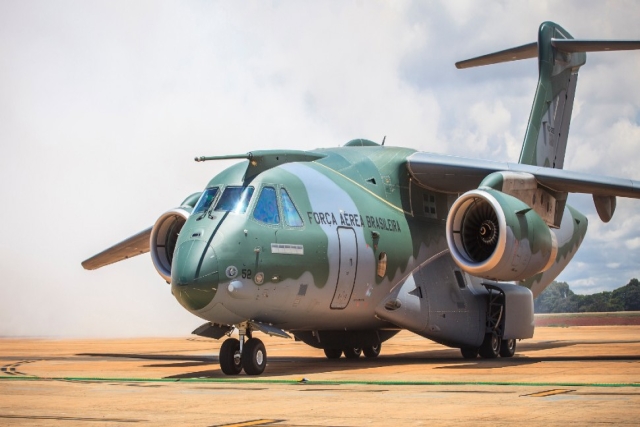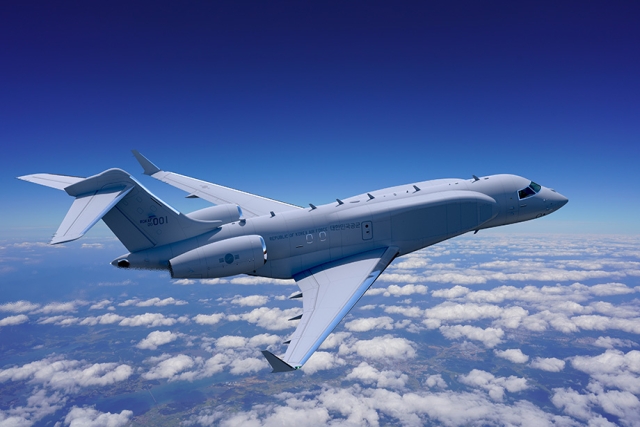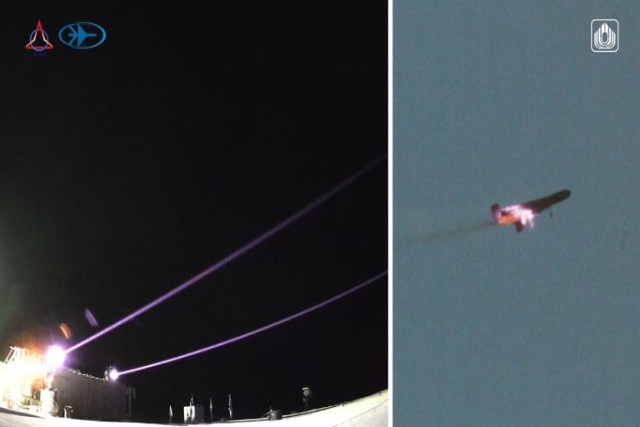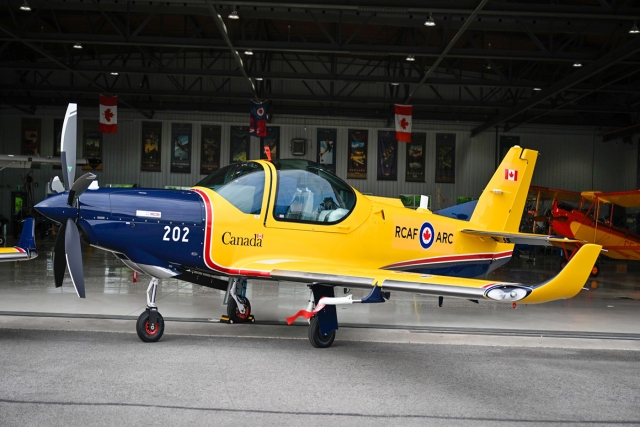Thales minehunting sonars put to the test in Gulf exercise
Four Royal Navy (RN) mine countermeasures
vessels (MCMVs) fitted with Thales UK’s minehunting sonars have been taking part
in a series of important joint exercises with the US Navy (USN) in the Arabian Gulf,
where their detection performance has been described by the RN as ‘world beating’.
The exercises were designed to enable the two navies to further develop minehunting
techniques in the warm, shallow waters of the Gulf, a busy and important international
maritime environment. The RN force consisted of two Hunt-class MCMVs (HMS Middleton and HMS
Chiddingfold) and two Sandown-class vessels (HMS Grimsby and HMS Pembroke). The Hunt-class fleet is fitted with Sonar 2193, the world’s most advanced hullmounted
wideband minehunting sonar; the Sandown class operates with Sonar
2093, the most successful variable-depth multi-mode sonar in its field. The exercise was an opportunity for the Commander (Cdr) UK Mine Counter
Measures Force to personally direct a multi-ship, bi-lateral mine countermeasures
task force at sea. The four USN Avenger-class ships were USS Ardent, USS Dexterous, USS Gladiator
and USS Scout. Cdr David Bence RN, Cdr UK Mine Counter Measures Force, says: “Widely acknowledged
as one of the world leaders in MCM, the RN has both the capability and intent
to conduct expeditionary MCM operations in support of wider maritime and defence
objectives. Utilising world-leading sonar and mine-disposal technology, the RN
retains the capability to counter modern sea mines in the most challenging of
environmental conditions.” Speaking of the performance of the sonars during the exercise, he adds: “Already
proven in more temperate waters around the UK, Thales’s 2093 and 2193 sonars
have performed exceptionally well in the challenging environmental conditions of the
Arabian Gulf. With capabilities that complement each other, they provided a high
probability of detection of sea mines - from shallow to deep water - in highly saline
water with high ambient sea temperatures. They are world beaters.” The four RN MCMVs are forward-deployed to the Gulf region for several years at a
time. They are maintained locally and crew members are rotated with counterparts in
the UK on a regular basis.










